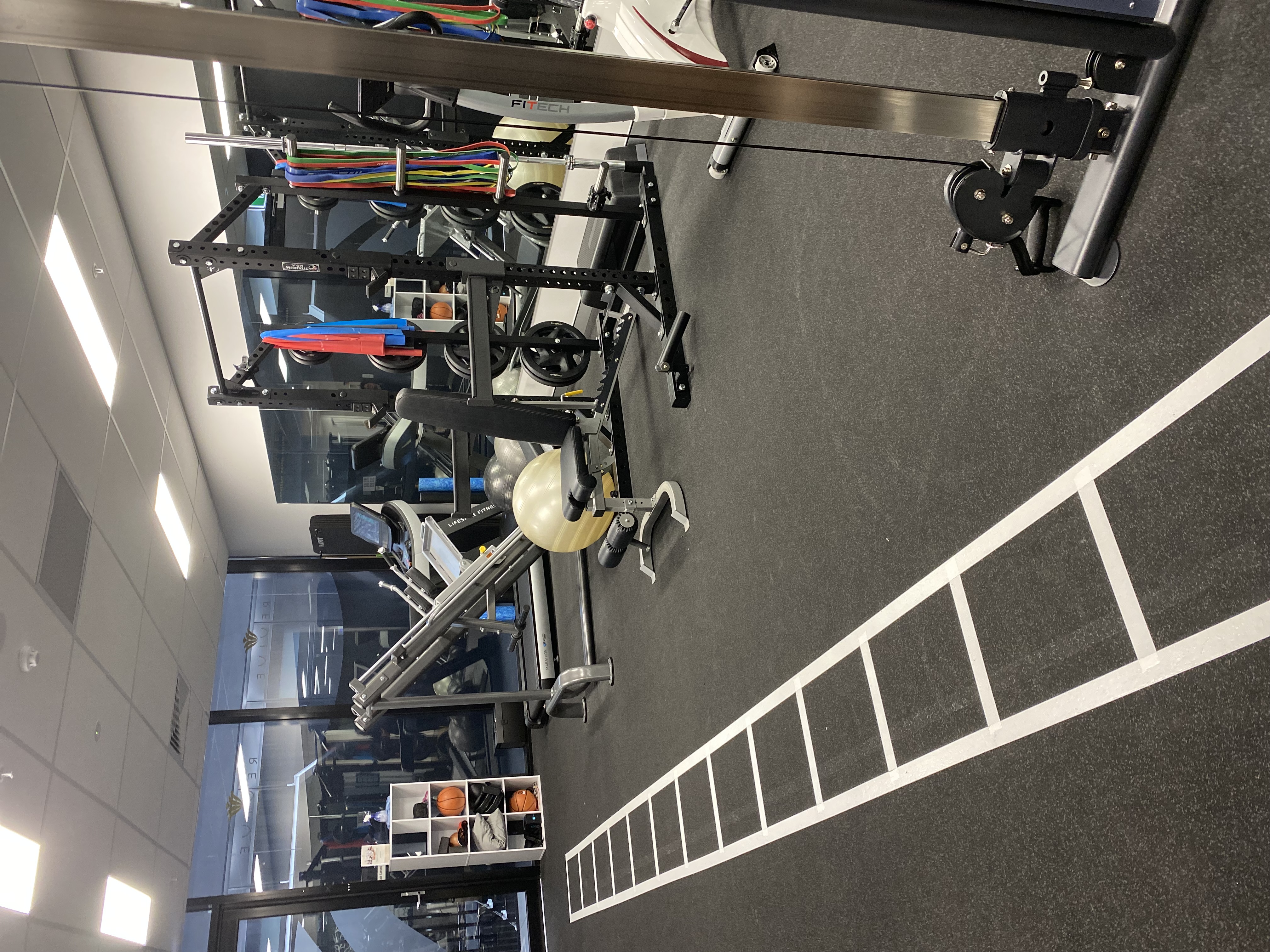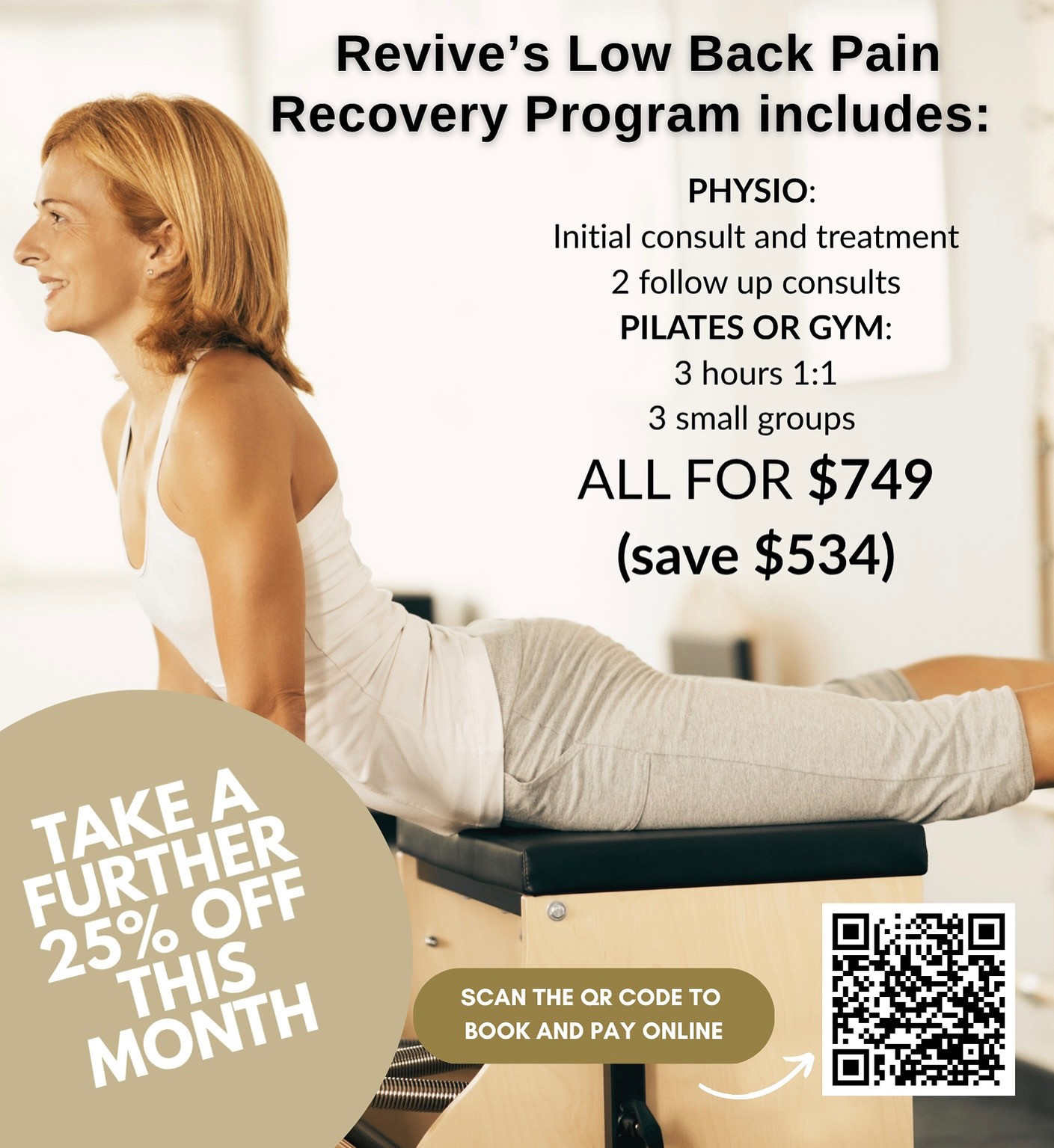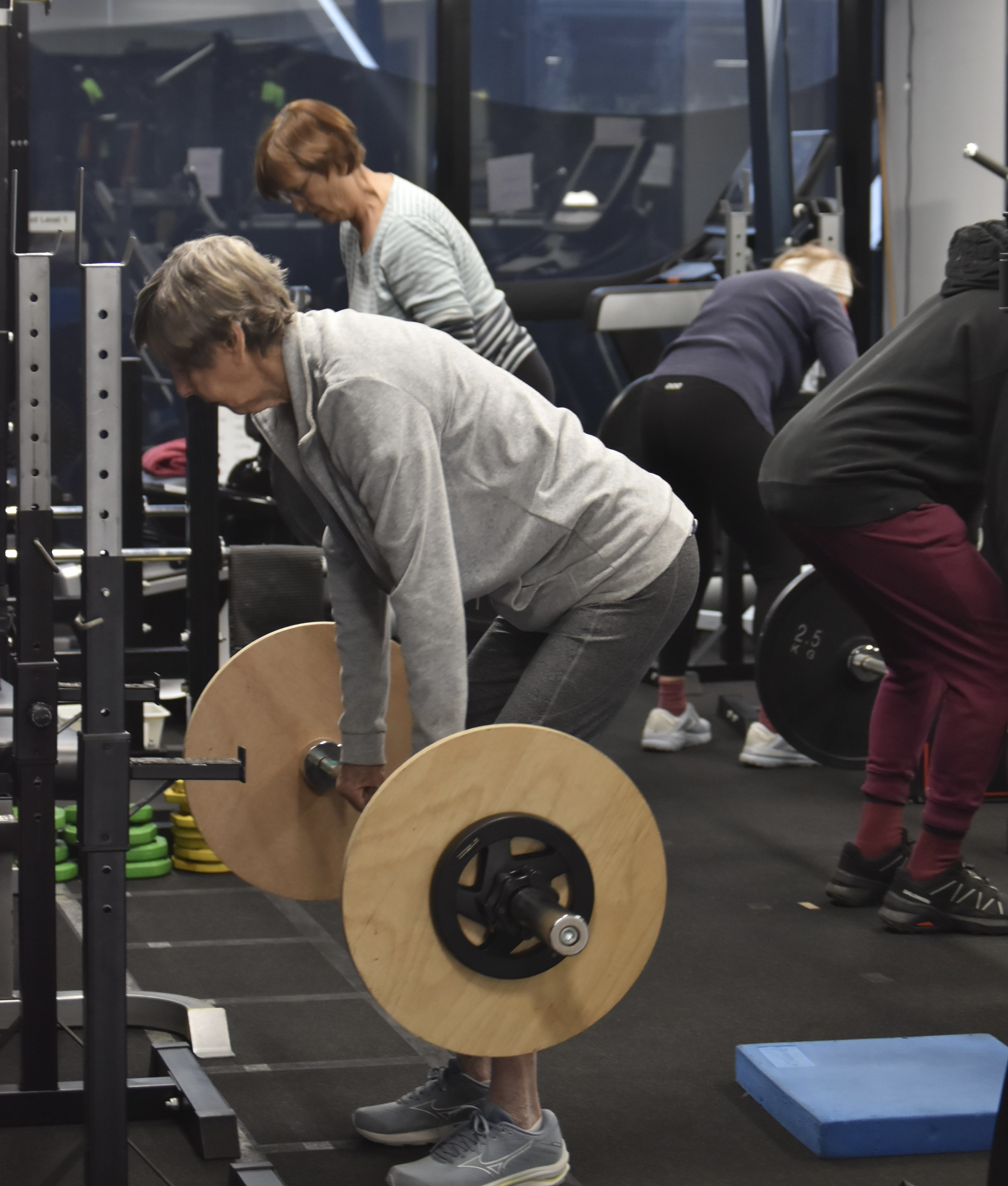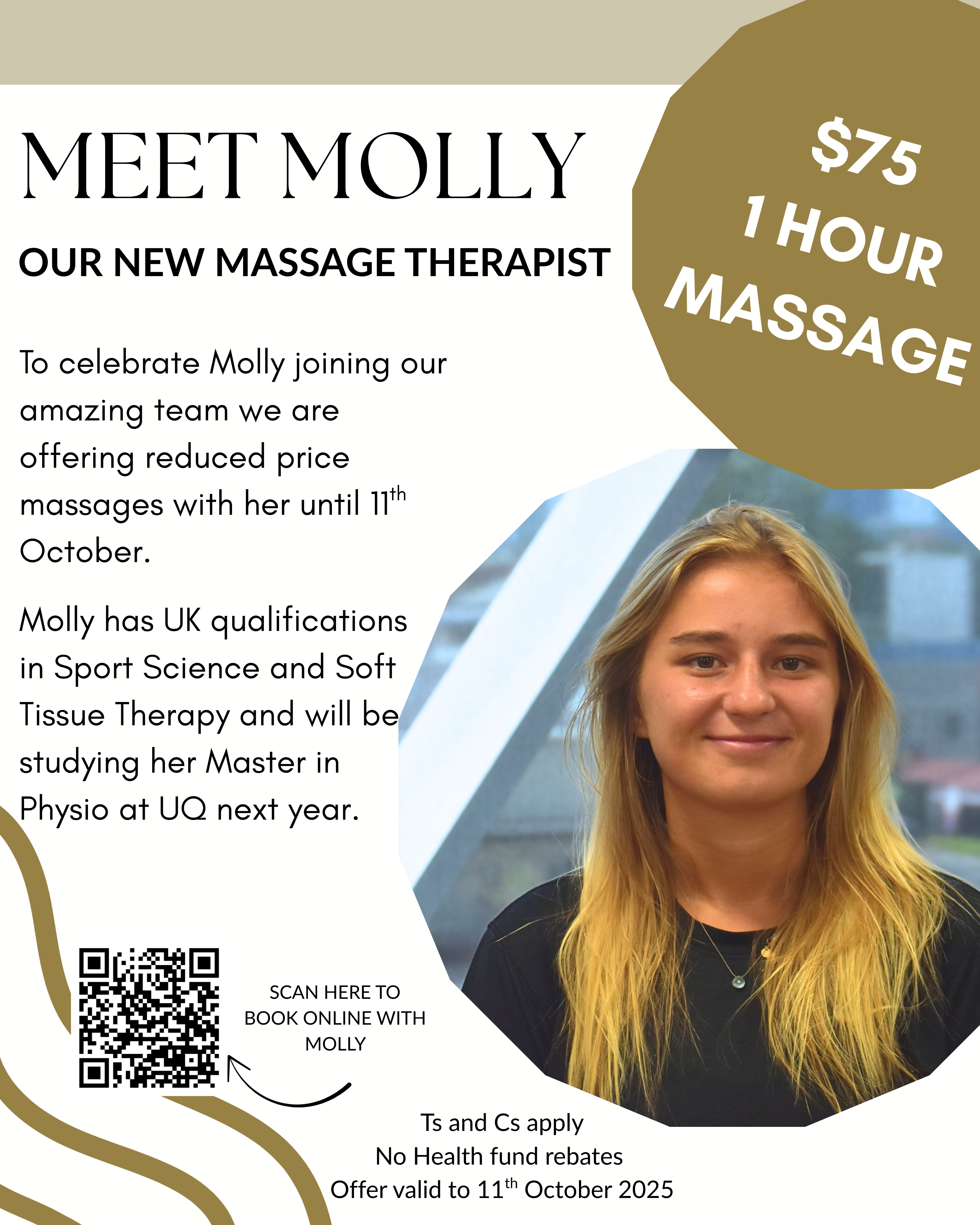Healthy Bones at West End
Stronger Bones, Stronger You: How Exercise Physiologists Help with Osteopaenia and Osteoporosis
 When it comes to bone health, the old saying “use it or lose it” couldn’t be more true. Osteopaenia (low bone density) and osteoporosis
(fragile bones) affect many Australians, particularly as we age. These conditions can increase the risk of fractures, reduce independence,
and impact overall wellbeing. The good news? Movement is medicine – and exercise physiologists are uniquely trained to prescribe safe,
targeted exercise that helps protect and even improve bone strength.
When it comes to bone health, the old saying “use it or lose it” couldn’t be more true. Osteopaenia (low bone density) and osteoporosis
(fragile bones) affect many Australians, particularly as we age. These conditions can increase the risk of fractures, reduce independence,
and impact overall wellbeing. The good news? Movement is medicine – and exercise physiologists are uniquely trained to prescribe safe,
targeted exercise that helps protect and even improve bone strength.
Why Bones Respond to Exercise
Our bones aren’t static – they’re living tissue. Just like muscle, bone adapts to the stresses placed upon it. The key is mechanical loading: when bones are exposed to targeted stress through weight-bearing and resistance exercise, they respond by becoming stronger and denser.
Research consistently shows that not all exercise is equal when it comes to bone health. Walking and swimming are wonderful for cardiovascular fitness, but to change bone density you need progressive, targeted weight training and impact-style loading. That’s where an exercise physiologist steps in.
The Role of an Exercise Physiologist
Exercise physiologists are allied health professionals with expertise in prescribing exercise for chronic conditions like osteoporosis. At Revive, our EPs focus on:
- Individual assessment – understanding your health history, fracture risk, and physical capacity.
- Safe programming – choosing the right exercises to load bones without unnecessary risk.
- Progression – gradually increasing weight, speed, or impact to stimulate adaptation.
-
Whole-body benefits – improving balance, coordination, and muscle strength to reduce fall risk (a major cause of
fractures).
Evidence for Targeted Weight Training
High-quality studies have shown that progressive resistance training can improve bone mineral density in areas most at risk of fracture, like the hips and spine. Programs that include high-intensity, supervised lifting – such as squats, deadlifts, and overhead presses – have demonstrated positive effects in postmenopausal women and older adults with osteoporosis.
The LIFTMOR trial (Watson et al., 2017) is a standout: it found that just twice-weekly high-intensity resistance and impact training not only improved bone density but also boosted strength and function, with very low injury risk when properly supervised.
In short: the science is clear – the right kind of exercise, delivered in a structured and supportive environment, really can make bones stronger.
Healthy Bones Classes at Revive West End
At Revive West End, we’ve put the evidence into action with our Healthy Bones Classes. These small-group sessions are
d esigned
and run by our exercise physiologists and physiotherapists, focusing on:
esigned
and run by our exercise physiologists and physiotherapists, focusing on:
- Weight-bearing and resistance training tailored to your level.
- Safe, supervised technique so you can train with confidence.
- Progressive loading to stimulate bone adaptation over time.
- Balance and functional training to reduce falls risk.
- A supportive, motivating environment – because exercise is always easier (and more fun!) together.
Our aim is not just to improve bone density, but to give you the strength, mobility, and confidence to enjoy life without fear of falls or fractures.
The Takeaway
Osteopaenia and osteoporosis don’t have to mean frailty. With the right exercise, guided by skilled professionals, it’s possible to take control of your bone health and improve quality of life. At Revive West End, our Healthy Bones Classes bring the latest evidence into practice, helping you build strength, resilience, and confidence – one lift at a time.
👉 Want to know more or join our next Healthy Bones class? Contact us at Revive West End and let’s get started on strengthening your bones for the future.
BOOK YOUR INITIAL EXERCISE PHYSIOLOGY SESSION TO GET STARTED :
.svg)





